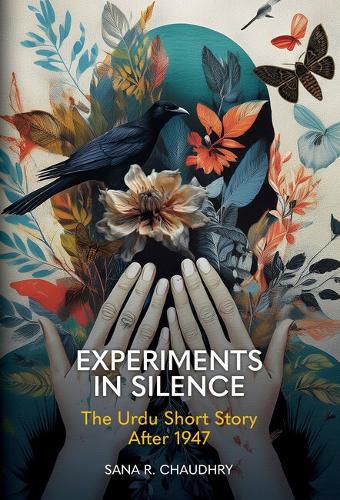Readings Newsletter
Become a Readings Member to make your shopping experience even easier.
Sign in or sign up for free!
You’re not far away from qualifying for FREE standard shipping within Australia
You’ve qualified for FREE standard shipping within Australia
The cart is loading…






Ebook available to libraries exclusively as part of the JSTOR Path to Open initiative.
The Partition of India in 1947 has come to occupy a central space in the timeline of modern trauma studies and states of exception. However, within the field of Partition studies, little has been written about Urdu literature. And, within Urdu literature, even less has been written about the Urdu short story, or afsana. This book intervenes in the current scholarship on Partition trauma by foregrounding the Urdu short story as a literary manifestation and exploration of collective cultural trauma, unspeakability, silence and the fraught historical (post)memory of Partition. Placing Urdu literature in dialogue with European thought, this book bridges fields of study and intellectual as well as historical and critical contexts that have not been put in conversation with each other before.
$9.00 standard shipping within Australia
FREE standard shipping within Australia for orders over $100.00
Express & International shipping calculated at checkout
Ebook available to libraries exclusively as part of the JSTOR Path to Open initiative.
The Partition of India in 1947 has come to occupy a central space in the timeline of modern trauma studies and states of exception. However, within the field of Partition studies, little has been written about Urdu literature. And, within Urdu literature, even less has been written about the Urdu short story, or afsana. This book intervenes in the current scholarship on Partition trauma by foregrounding the Urdu short story as a literary manifestation and exploration of collective cultural trauma, unspeakability, silence and the fraught historical (post)memory of Partition. Placing Urdu literature in dialogue with European thought, this book bridges fields of study and intellectual as well as historical and critical contexts that have not been put in conversation with each other before.